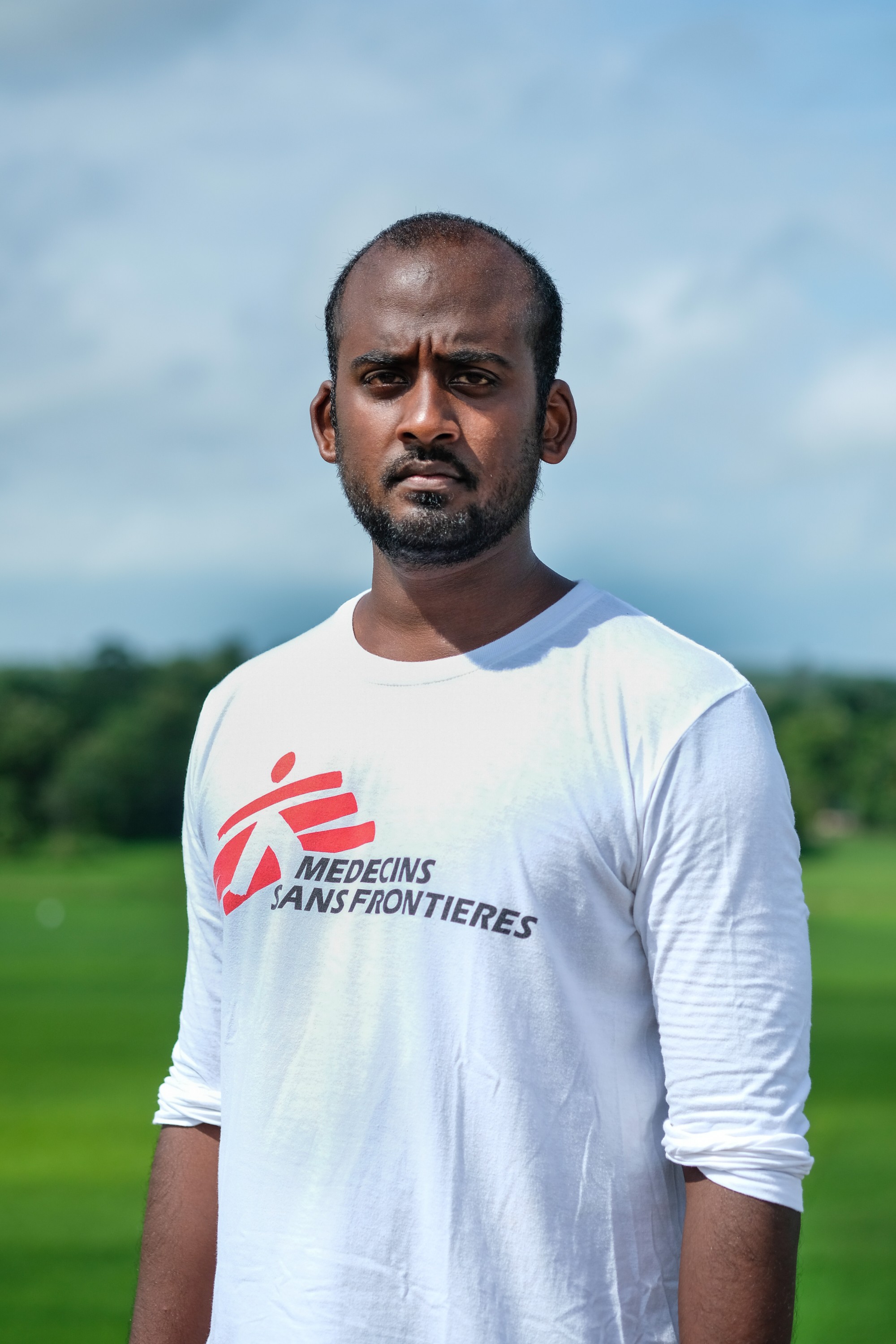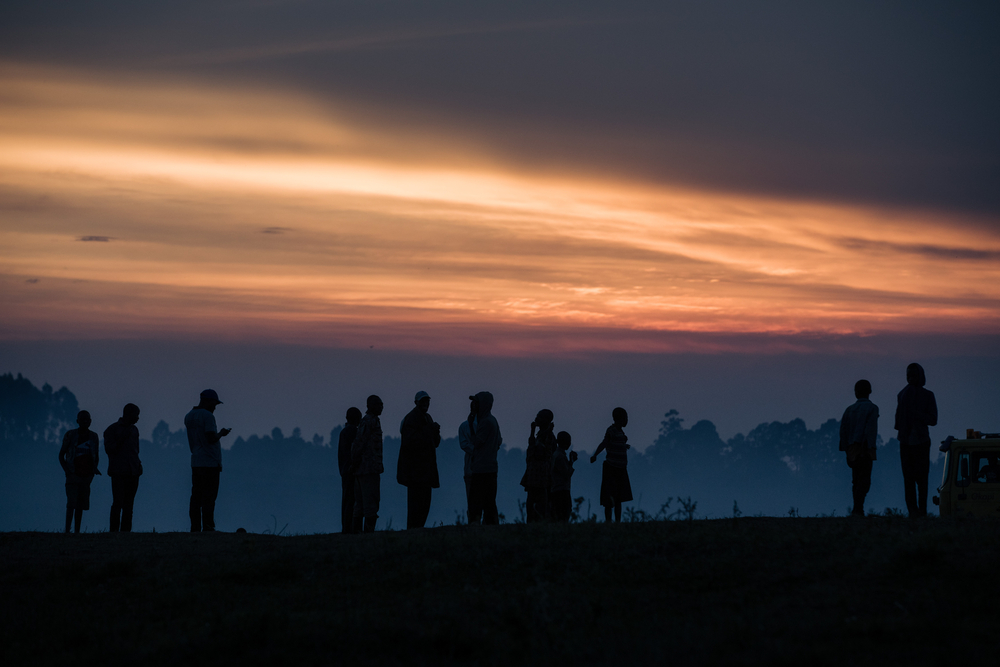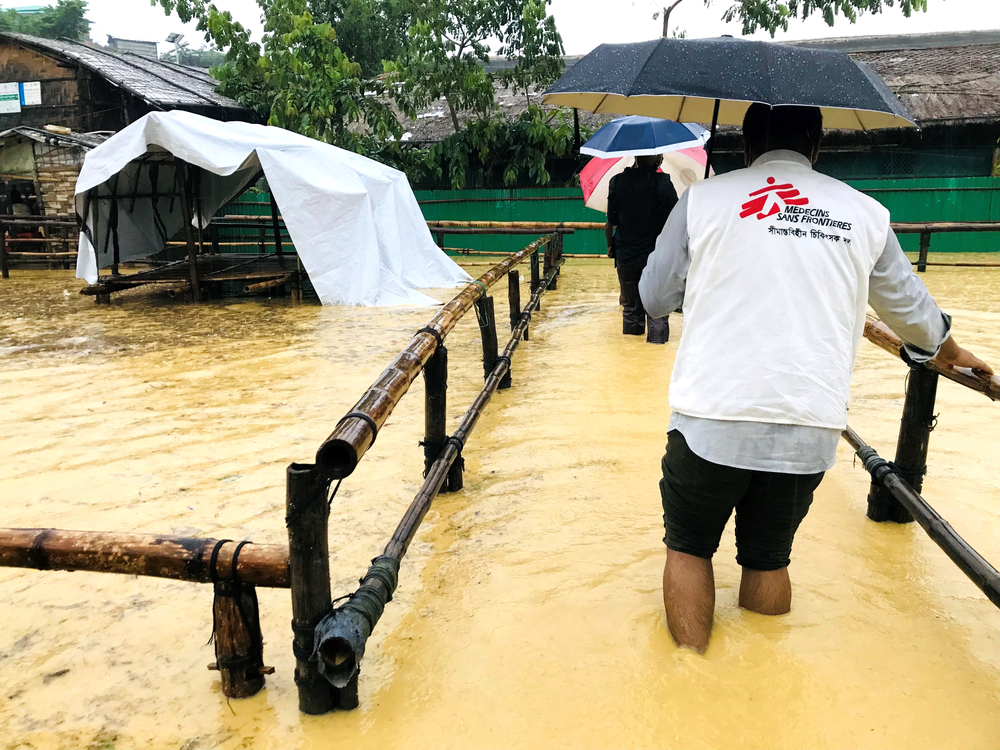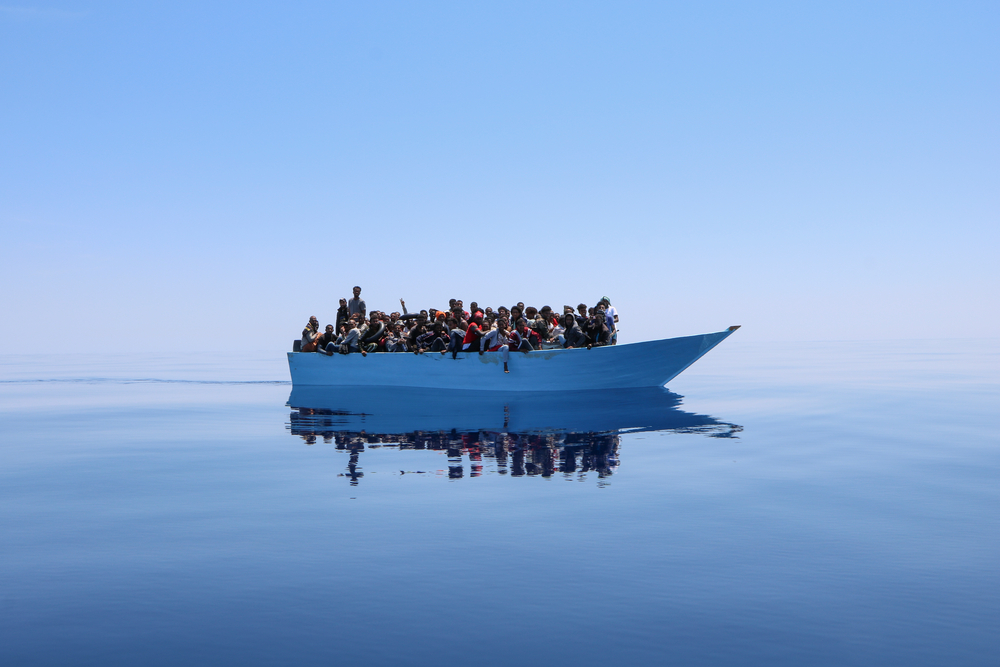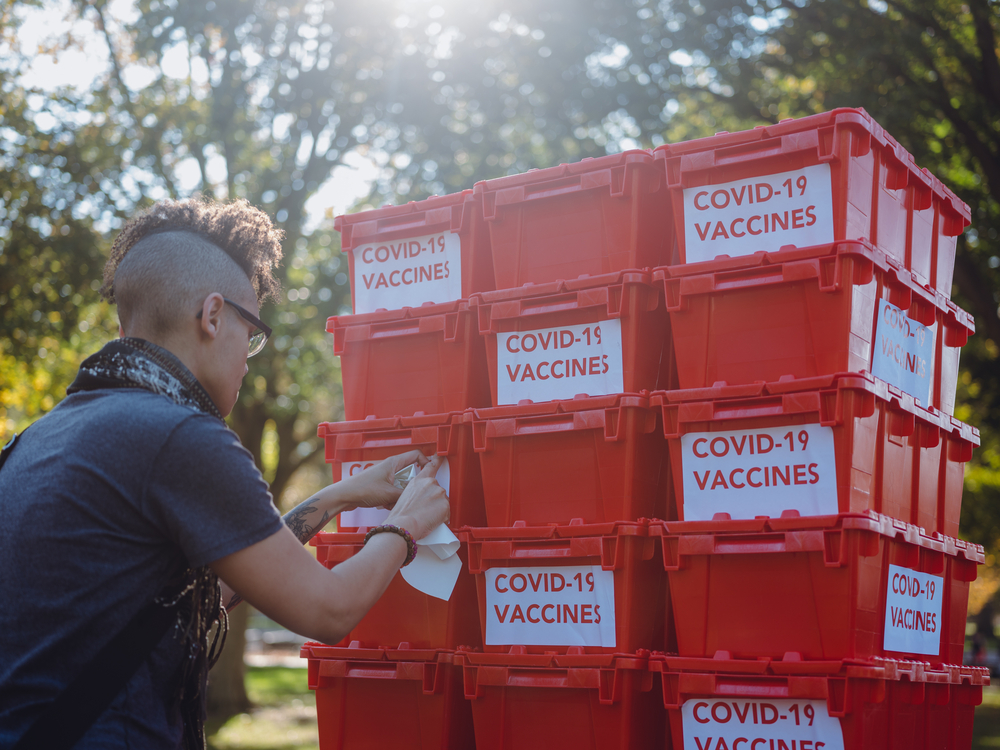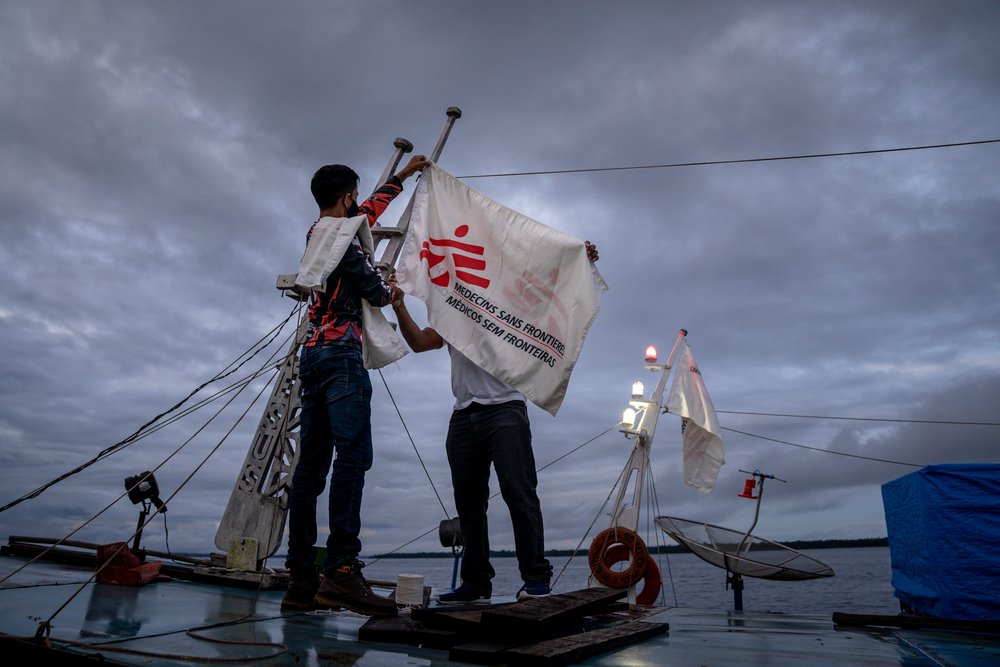It is 2031, and I am waiting for my luggage at the international arrivals' terminal at Western Sydney Airport. Airports always remind me of 2021, the year I relocated to Australia after a decade working on humanitarian projects overseas. At the time, I took on a role with Médecins Sans Frontières Australia working on humanitarian advocacy. I remember flying into Sydney Airport, thinking about all the issues we were trying to address as humanitarians, and how, collectively, it felt as if we were failing.
It was such a critical time – 2022 was the year that changed everything. Governments, leaders, and society as a whole became fed-up with decades of human suffering and together overcame impossible odds. The COVID-19 pandemic continued to tear through the world as low-income populations remained unvaccinated. The Rohingya suffered generational trauma after being detained in camps in Bangladesh; while prolonged conflict plunged Afghanistan, Ethiopia, and Yemen into the largest humanitarian crises of our time.
At that point, COVID-19 had already infected over 266 million people, of which 5.2 million had died, and showed no signs of abating with over 500,000 daily new infections. In the African continent, just one in four frontline health workers were vaccinated, and African countries received just 0.6 percent of the eight billion shots globally administered according to the World Health Organization (WHO).
Meanwhile, domestically, Australia not only continued to detain asylum seekers and refugees in inhumane conditions, but it also inspired the United Kingdom and Denmark to pursue offshore processing policies after whitewashing it as a ‘model of success’. All this against the backdrop of a warming planet, heading towards an apocalyptic 2.5-degree change in climate. We were living on borrowed time.

